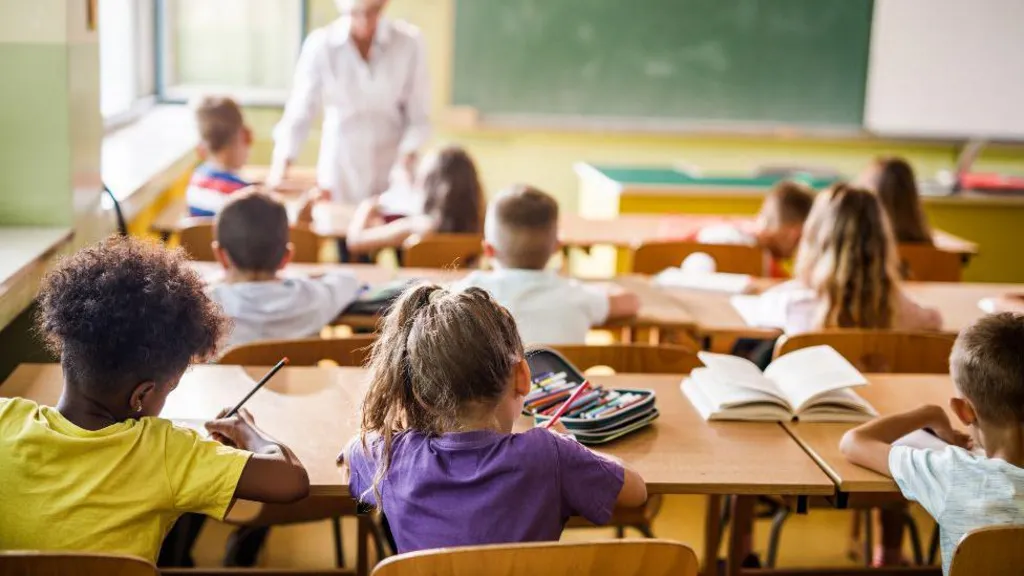Nearly one in five pupils in England are receiving support for special educational needs (SEN) in the classroom, according to government statistics.
It comes as separate statistics show a sharp rise in the number of tribunals concerning special educational needs support, as parents challenge the support on offer for their child.
Teaching unions say systemic change in special educational needs provision is "urgently needed" for schools and students.
The government said it will set out more detailed plans for reforms to special educational needs in the autumn.
The number of school pupils in England receiving support for special educational needs rose to more than 1.7 million, according to annual statistics from the Department for Education released on Thursday.
That's a rise of 5.6%, or an extra 93,700 pupils compared to last year.
It means nearly one in five of pupils in England (19.6%) are getting extra support for special educational needs, the highest proportion since statistics were collected in this way.
Over 482,000 of those pupils have an education, health and care plan (EHCP) – a legal document issued by local authorities that sets out the support a child needs.
Since 2016, the number of children receiving all types of special needs support has risen by 44% and those with an EHCP has more than doubled.
The EHCP increase has been driven by rising rates of autistic spectrum disorder among pupils, speech and language problems, and more pupils with social, emotional and mental health needs, the independent think tank the Institute for Fiscal studies said.
The statistics show autistic spectrum disorder is the most common need named on education, health and care plans.
Although it is unclear what is behind the rise, the IFS has said it could be down to better recognition of autistic spectrum disorder symptoms, particularly in girls.
There's recent research that suggests reduced interactions during Covid impacted speech and language development for some children.
Helping pupils struggling with their speech, language and communication is the most common type of special educational needs support that schools are giving, according to Thursday's data.
Even getting an education, health and care plan in place for their child can be an ordeal for parents.
Cath is a mum from Bristol. She is in the process of applying for an EHCP for her nine-year-old son, who has been diagnosed with autism and ADHD.
She's currently getting his needs assessed to see what extra support can be put in place. She says his mainstream school have been supportive, but her son needs more support than they can offer without an EHCP.
She says "having to go through the system and fight every step of the way – it takes a big toll on you."
"We're constantly filling in forms and thinking what is best for our child."
She says they are "in limbo" as his needs might not be great enough for a specialist school, but he is struggling in mainstream.
"You're seeing them struggling and you're crying out for help and there's no one who can give it to you."
Cath says she's concerned that the government will make changes to – or abolish – EHCPs in their upcoming reforms.

